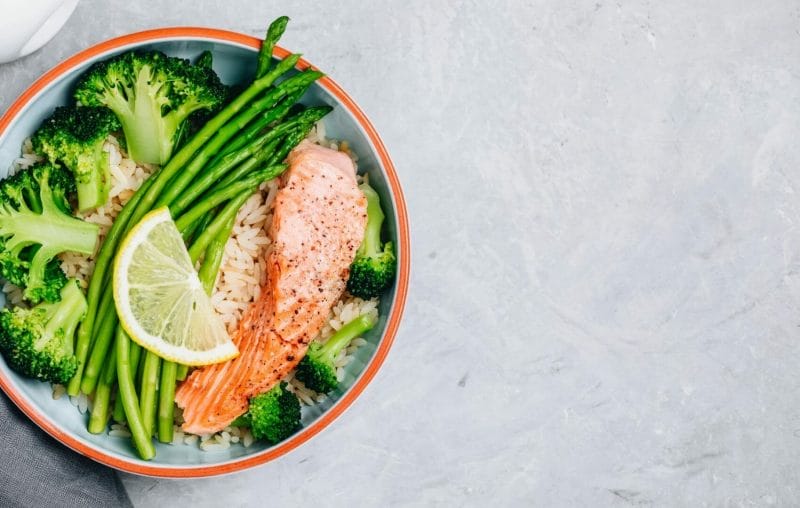We’re a few weeks into the 2022-2023 school year, which means summer is over for kids and teachers and we get a second “New Year” for 2022, another fresh start.
…and that means you still have some time to get the ball rolling with some weight loss, if that’s been a goal of yours.
But how do we get started? What do we do? How do we get the weight off and then keep the weight off? How do we do this so we can make this a lifestyle and not just 30 days of being starving, angry, and miserable?
For the majority of the population in America, weight loss is the goal. For that reason, weight loss/body fat reduction is going to be the focus here.
The truth is, losing weight is as easy (in theory) as increasing your energy expenditure (move and workout more), and decreasing your caloric intake (eat less).
In order to lose weight, you need to be in a sustainable calorie deficit.
If you are not in a calorie deficit, you will not lose weight. Period. We need to find a sustainable calorie deficit that we can maintain from day to day in order to see success.
So, technically, you “could” starve yourself and lose a ton of weight… right? Absolutely! If that 200 pound person only eats 1,000 calories a day, they will lose a ton of weight very quickly.
But there’s a big problem with that…
As soon as they no longer restrict themselves to 1,000 calories a day, they’ll gain all of that weight back because how they lost the weight isn’t sustainable.

That’s why we don’t do crash diets, they aren’t sustainable, and they lead us right back to where we started, or worse.
What sounds better to you? Eating 500 calories a day, hash-tagging #DietLyfe, and being absolutely miserable, or eating 3-5 times each day and walking and working out more?
For greater success and sustainability, eat more whole, nutrient dense foods. These
Each meal should look like a “healthy” meal. Lean proteins. Vegetables. Some carbohydrates. Having a good breakdown of 40% carbohydrates, 30% protein, and 30% fats is a great place to start with your macronutrients (we’ll also do another post about macros here soon).
The reason we prescribe eating whole, nutrient dense foods isn’t just because it’s what our bodies are wired to eat. It’s because you can be much more successful with your weight loss by keeping the volume of food larger.
Whole, nutrient dense foods are going to have a much larger volume. Because of that volume, they’re going to take up more space in your stomach making you feel more full and satisfied. The more full and satisfied you feel, the less likely you are to overeat.
But here’s the thing… the magic is in the basics.
In a world full of snake oils, miracle drugs, and ancestry diets (OMG such a bunch of bull), we really only need to stick to the basics to find success with weight loss. The basics will get you to where you want to be with your weight loss.
We need to be in a calorie deficit, burning more calories than we’re eating.
We need to sustain that calorie deficit and be consistent, not just 1 week or 1 month.
We need to eat whole, nutrient dense foods a majority of the time (keep the treats to a minimum, but still enjoy your life!).
And most importantly, we need to be patient with this journey and enjoy the ride.
That’s the basics of nutrition, my friends, and the basics will help you get to where you want to be. Trust me!


